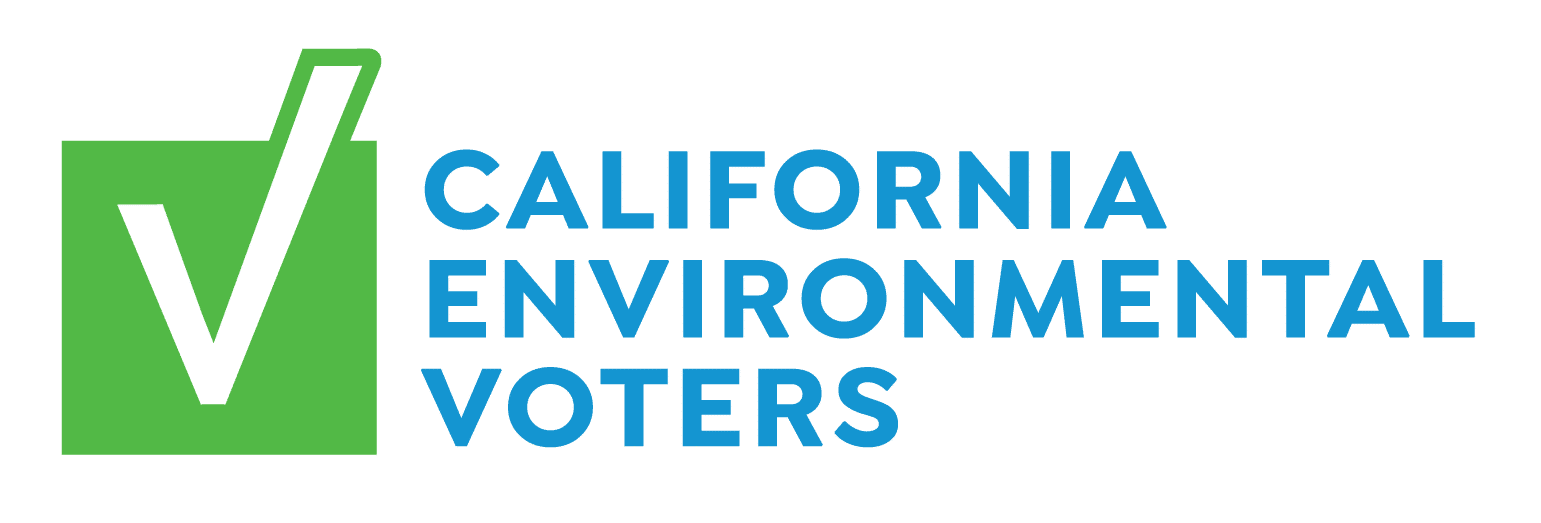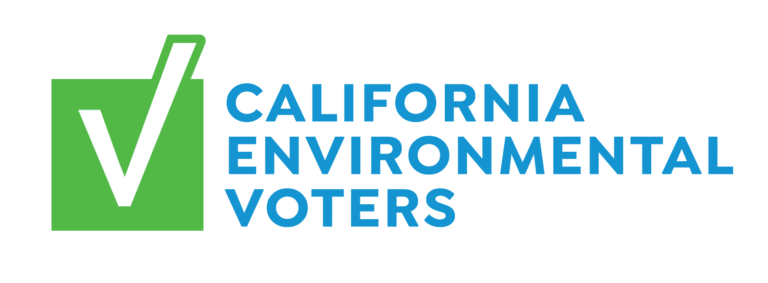
Sunday night was the deadline for Governor Brown to sign or veto bills, and with so much happening in the past month, we wanted to update you on some of the highlights and lowlights of the end of the legislative session and the governor’s actions.
And though the story of this session is complex, one thing is perfectly clear: While the Trump Administration has been rolling back environmental protections, California continued to move forward with groundbreaking protections for our environment.
Some key victories this past month include the passage and signing of:
- Park Bond: It’s been 15 years since California last passed a park bond. Over that time, the need for local parks has been wildly out-paced by population growth and demand, particularly in low-income communities. SB 5 (De León) places a $4 billion bond on the 2018 ballot that will fund California’s local and state parks, coast, rivers, and waterways.
- Housing Package: California is in a housing crisis, which impacts our communities and our environment. CLCV supported several bills on housing, particularly SB 2 (Atkins), SB 3 (Beall), and SB 35 (Wiener). SB 2 will generate hundreds of millions of dollars annually to fund affordable infill homes in California. Additionally, SB 3 placed a $4 billion bond on the ballot to fund affordable housing. And under SB 35, if cities do not meet their housing obligations, projects that meet affordability, construction labor, and environmental standards will be streamlined to help increase housing supply until these goals are met.
- Cleaning Product Disclosure: Unlike food, cosmetics, and drug manufacturers, most cleaning product manufacturers were not required to disclose ingredients—including chemicals linked to numerous health conditions that disproportionately affect low-wage workers, women, immigrants, and people of color. SB 258 (Lara) requires ingredient disclosure on both product labels and web sites for most kinds of cleaning products sold to consumers and businesses.
- Disclose Act: CLCV has been working with allied organizations for nearly seven years to pass the California Disclose Act, and this year, the bill was finally passed and signed. AB 249 (Mullin) requires the three largest funders of $50,000 or more of ballot measure ads to be shown clearly and unambiguously so voters see who’s actually paying for them – making it that much harder for oil companies and polluting industries to hide behind misleading committee names.
- Cleaner Infrastructure: AB 262 (Bonta) requires the state to consider climate pollution and recognize clean manufacturers when making purchasing decisions. California spends on average about $10 billion a year on infrastructure such as roads, bridges, and public buildings. By focusing California’s infrastructure purchasing power, AB 262 will help the state fulfill its climate pollution reduction goals already established by the legislature and set a bold new standard for the rest of the county to follow.
On Sunday the governor also vetoed a bill CLCV and many allied organizations strongly opposed — AB 313 (Gray) — which would have undermined the State Water Resources Control Board’s enforcement of water rights that protect the environment. We thank Governor Brown for vetoing this wrongheaded legislation.
On other fronts, we still have more work to do:
- 100% Renewable Energy: SB 100 (De León) would have established bold new standards to accelerate California’s transition to 100% renewable energy. CLCV strongly supports this bill, and though it did not reach the governor’s desk, we remain committed to passing a bill to ensure California reaches this goal.
- Saving the last vaquitas: With only 30 remaining vaquita porpoises in the Gulf of California, AB 1151 (Gloria) would have helped protect these endangered mammals by banning the sale of fish or shrimp harvested with gillnets. CLCV members strongly supported this legislation and we will continue to work with the bill author to try and pass it next year.
- Closing a CEQA Loophole: Developers have been abusing a loophole in the California Environmental Quality Act (CEQA) that allows city councils to adopt their projects without environmental analysis. AB 890 (Medina) would have closed this loophole and restored CEQA’s protections to our communities, but Governor Brown vetoed it.
- Toxics Substances Control Reform: This bill package aimed to bring meaningful changes to the way hazardous waste is managed in California. Unfortunately, one of these bills was held in the legislature, and three of the bills were vetoed by the Governor. CLCV will work with our environmental justice allies next year on new approaches to addressing the critical need for reform.
Since 2017 was the first year of the two-year legislative session, we have the opportunity to keep working on these important priorities next year.
This email only tells part of the California environmental story of 2017 – what ultimately happened to important legislation. For the full story, look out for CLCV’s California Environmental Scorecard, which we’ll release in a few weeks. The Scorecard will show you how the legislators who represent you voted on CLCV’s priority bills so that you can hold them accountable now and in the future.


